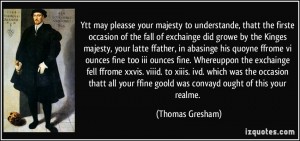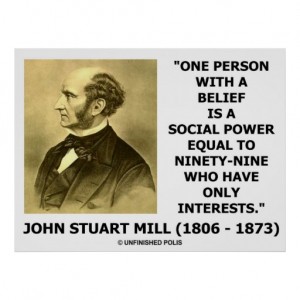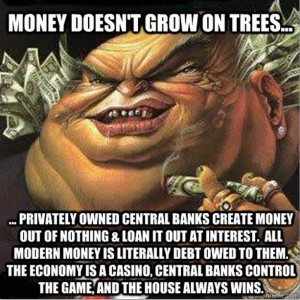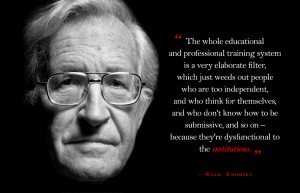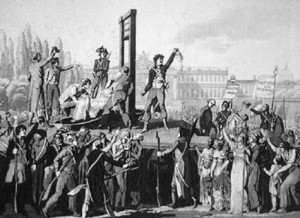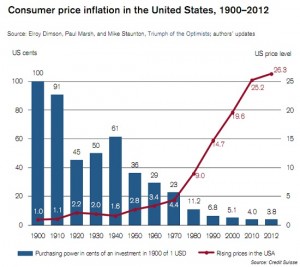Here are a couple of paragraphs from the Six Duties of Society (SDS) chapter. The SDS are the six duties that every healthy society must have in order to prosper while the Five Laws of Decline (FLD) are the systematic method of exploitation used by the State in society. By understanding these two systemic processes, one can build laws to support the SDS and check the FLD. In effect, until this is done, society will never enjoy true justice for all. LIFE Leadership will be publishing my new book when its finished and I cannot wait to work with Chris Brady on videos and workbook to support it.
Sincerely,
In reality, there are three main avenues of injustice within society. The first is the strong members of society oppressing the weak. Since man seeks the satisfaction of his wants with the least amount of effort, if plunder is unchecked within society, the strong will plunder the weak and injustice will reign. The second type of societal injustice occurs when the government uses its force-hammer outside its delegated and limited sphere of defense. Although society thrives under persuasion and only needs government’s force hammer to check potential exploitation, when this hammer enters other areas of society, the government itself becomes an agent of injustice as it pounds people in areas where persuasion is just. Not surprisingly, as government intervention grows, so does State Power at Social Power’s loss. Government’s force-hammer damages society anytime it is used in areas it doesn’t understand, doesn’t belong, and doesn’t help.
Remember, government is only designed for one specific function, namely, to protect the inalienable rights of society’s members. To achieve this, it is delegated the force-hammer to ensure potential exploiters refrain from unjust actions and choose, instead, to meet their needs through production rather than plunder. Government, in other words, is designed to defend society, not conquer it. The third type of injustice occurs in society when it is invaded and defeated by a stronger nation seeking plunder. The victors promptly increase State Power to systematically plunder the defeated society. The vanquished society, however, still has methods to resist the systematic plunder of the conquerors. For as the oppressive State plunders the life, liberty, and property of the conquered society’s members, they respond in a predictable fashion. Even though they were defeated militarily, the are not defeated metaphysically. Thus, by simply reducing their productivity to the bare minimums necessary to survive, the “rob” the victors of the expected systematic plunder. In effect, how do you plunder someone who has nothing? As a result, when injustice abounds within a society, the people’s creativity and productivity respond accordingly.
Insofar as anything above sustenance level will just be plundered by the State, why would anyone produce anymore than the bare minimum. Evidently, the State believes when it maximizes oppression that it also maximizes plunder, but it simply isn’t so. Society’s members merely reduce their productivity as the State increases its tyranny. Indeed, if the State does not relax its oppression, the death of the parasitic State and its societal host is assured. This is a common theme for all historically oppressive societies. Nevertheless, the State exploiters seem incapable of learning from history by denying themselves in the short-term to gain from longer term exploitation. The reader might wonder why the State exploiters destroy the societies they plunder. The answer, again, is rooted in human nature. Although human beings may have limited needs, they also have unlimited wants.
As a result, when plunder is possible, the exploiters cannot seem to restrain their desire for just a little more. Society, of course, resist the injustice and the vicious cycle of increased exploitation and lower production eventually causes societal collapse. The death of the State and society naturally follows the increasing injustices aimed at the members inalienable rights. Indeed, this is what occurred in the Eastern Bloc communistic countries – oppressive injustices led to woeful production levels which sealed the State’s demise.









